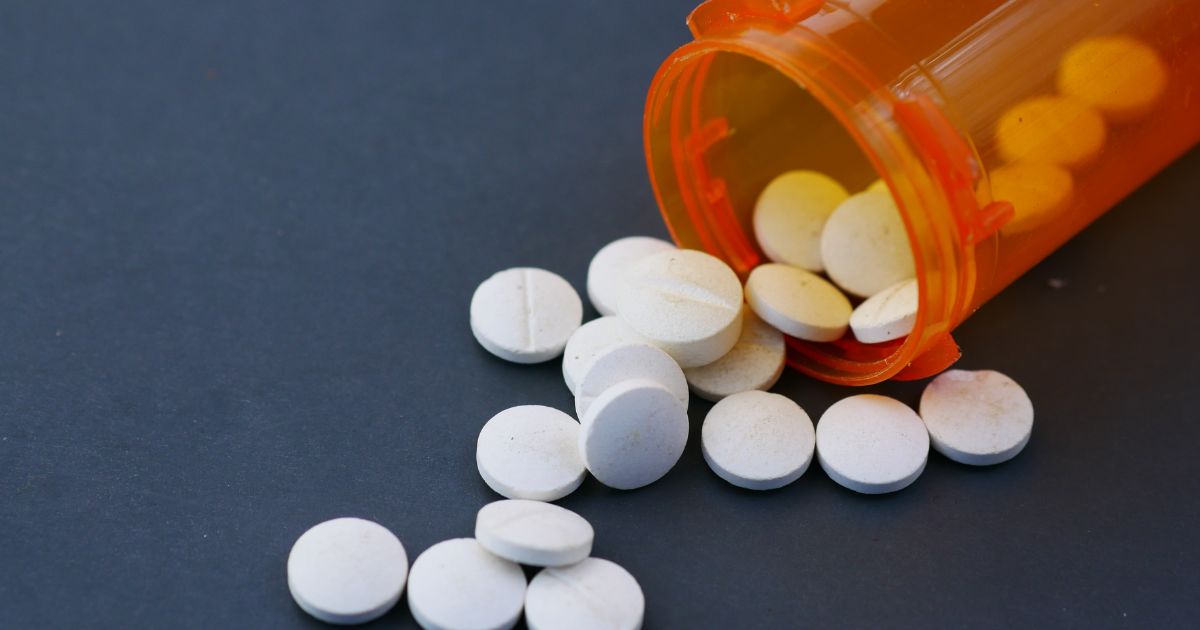Eric Clapton, Jimi Hendrix, and Amy Winehouse are just a few of the music icons associated with celebrity addiction and a drug and/or alcohol-related death. Singer-songwriter Demi Lovato’s drug overdose on July 24 made national news and is still making headlines two weeks later. Lovato was rushed to the hospital after paramedics administered Narcan to reverse the effects of the overdose— supposedly not heroin, but involving another opioid and methamphetamine.
What is the stigma surrounding celebrity addiction?
The public tends to group celebrities into a category that keeps them in the limelight at all times. Because celebrities have achieved fame, the assumption is that they should be used to having their entire lives broadcasted on TV and plastered across social media. This puts celebrity addiction, too, under scrutiny.
People seem to expect that celebrities will curb their addictive behaviors, or at least hide them from the tabloids, but this expectation is an unfair one. Affecting 21 million people in the U.S. (according to a 2016 report by the U.S. Surgeon General), addiction is a chronic brain disease than can affect anyone, regardless of social or economic status. Addiction does not discriminate and those of all races, ages, genders, and IQs can develop substance dependence.
Still, celebrities may be held to a higher standard because they can be seen as role models or be expected to set an example. Demi Lovato, a former Disney Channel star, has many young, female fans who look up to her. The musician has made her personal struggle with addiction public— her recent single “Sober” details this battle— which might blur the line that separates the “on display” celebrity lifestyle from fair expectations of privacy.
Lovato’s family asked for privacy while she recovered in the hospital, and she did not make any kind of public statement concerning her overdose until August 5, two weeks after her admission to Cedars-Sinai Medical Center in Los Angeles.
“I now need time to heal and focus on my sobriety and road to recovery. The love you have all shown me will never be forgotten and I look forward to the day where I can say I came out on the other side,” she wrote in an Instagram post.
Before and following Lovato’s statement, there was an outpouring of support from fans and the pop culture community. #HowDemiHelpedMe was trending on Twitter. In contrast, when Britney Spears, in her untreated drug addiction and mental health issues, shaved her head in 2007, the public cast her off as someone who had lost her sanity, rather than someone who needed serous help overcoming substance abuse.
How can celebrities help fight addiction stigmas?
Because celebrities are always in the public eye, they are in a unique position to use their social platform to educate and inspire. Big-name celebrities like Russell Brand, Matthew Perry, Robert Downey Jr., Eminem, and Jamie Lee Curtis— and dozens more— are in recovery after extended struggles with addiction, but not all of them are outspoken about it.
America’s drug epidemic has reached alarming levels, with over 115 people dying every day from opioid overdose (Centers for Disease Control and Prevention). Despite this number, and millions of Americans who are affected by substance use disorder, addiction remains a taboo topic.
This should not be the case, considering the scope and nature of the disease. Some common stigmas include:
- Labeling addiction as a choice
- Labeling people with addictions as criminals/immoral/somehow “less” than someone without an addiction
- Assuming that addiction is easily corrected/can be “fixed” once and for all
- Believing that addiction is familial and that the only way you can be an addict is by genetic predisposition
Celebrities are in a position to spread awareness, and some, like Demi Lovato and Eminem, have been especially open about their own struggle with drugs and addiction. Hopefully, more of America’s famed will realize the potential power their words have and share their stories to help break down persistent stigmas.
If you or a loved one is addicted to drugs or alcohol, please reach out to our admissions team at (877)-RECOVERY at any time for help. Our holistic medical detox, residential inpatient, and outpatient programs at Royal Life Centers are designed to treat dependence on alcohol, opioids, benzodiazepines, methamphetamine, and cocaine.









